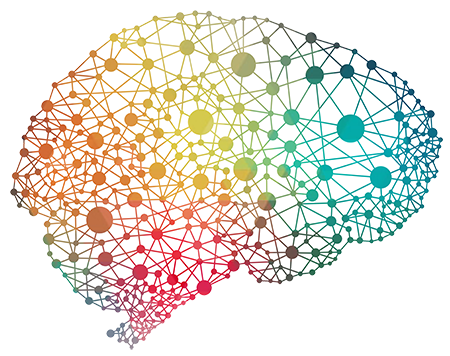What's your self-confidence score?
Your What's your self-confidence score? Profile
Here is your What's your self-confidence score? profile.
Your strongest ability:
Your lowest ability:
Enjoyed this questionnaire?
Get your free eBook today - 'The Effective Leader Manager'
1. Giving your best performance
When you are performing in front of other people, don’t be distracted by continuously wondering whether the audience likes you or not.
Too much concern over what others think of you will distract your mental resources away from the task at hand and will cause your performance level to drop.
Concentrate fully on the task at hand, and put all your mental resources onto your performance. Then your audience will witness you performing at your best and they will use that good performance as the basis for their opinion.
You will look good only if you don’t “try to look good”
2. Your 'inner voice'
Everyone has a little inner voice inside their head, which gives a running commentary on what is going on. Take note of your inner voice and what it is saying.
If your inner voice keeps saying negative discouraging things, then overwrite it with your more constructive comments.
My favourite positive comment is, "Given enough time; I can achieve any goal I set my mind to”.
From today, begin collecting a nice list of positive thoughts and quotations that can act as the basis for a more constructive mind set.
Here is another I made up. You can take this and use it.
“I will remember that it is foolish to fret and worry. Instead, I will identify the problem, isolate the causes, formulate my best plans, and overwhelm my troubles with intelligent action!”
Tattoo this motto onto your brain and make it a part of your internal programming.
3. Education vs Intelligence
There is a difference between education and intelligence. Education is how much you know. Intelligence is your raw brain power, irrespective of how much you know.
Many people mistake education (knowledge) for intelligence (raw brain power). They feel that they are uneducated and they use that fact to downgrade their estimation of their intelligence.
That is a very dangerous mistake.
Equally, they hear educated people speak and they assume the person is intelligent; which may not be true.
There are many highly educated, stupid people.
Conversely, there are many very intelligent but not-educated people.
They don’t give themselves the credit they deserve for their raw brain power, so they lack self-confidence because they overestimate others and underestimate themselves.
Here is the tip: ALWAYS assume you do have the raw intelligence sufficient to allow you to do whatever you want to do. You may not have enough education. But you do have enough intelligence.
You will have to educate yourself, but that is true for everyone.
And realise that, as you educate yourself, you will feel an increase in your self-confidence.
4. Social situations
Confidence in social situations is often an indicator of self-confidence. If you are intimidated by the thought of meeting strangers, then you are probably underestimating yourself and overestimating others. And you are probably too concerned with whether or not other people like you. See above.
Instead of that, try to see others as being no better nor no worse than you.
You are human; they are human. (Presumably). So we are all okay. We are all of the same innate value. We are all humans.
Let social situations be an opportunity for you to learn from others and discover new things about the world we share.
5. External influencers
Self-confidence comes to anyone who honestly expects their situation to steadily improve over time, since they know that they will MAKE it improve over time, by means of taking intelligent actions.
Self-confident people are certain how their future will pan-out: It will pan out very well.
Self-confident people do not allow their future to be determined by outside forces. (Such as lotteries, luck, politicians or public opinion). Self-confident people are more self-determined.
Top tip. Consciously take full responsibility for your yourself and your future.
You may not be to blame for the situation you are in. But you are responsible for it.
Note the difference between blame and responsibility.
You are not necessarily to blame for the current mess, but you are responsible for making things better.
Take total responsibility.
Make sure that your future is in Good Hands - your own!.
6. Expressing your opinion
Self-confidence can be thought of as a form of communication. When in company, and when the discussion is on a topic on which you do have an informed opinion, then express your opinion and give a clear, logical, and convincing argument to support your view.
If you want to develop self-confidence, then whenever you are in a discussion which concerns things upon which you have a firm opinion, don’t be too timid.
Speak up and make your voice heard.
Be sure you are giving your message in a clear, logical, and convincing manner.
7. Perceived self-confidence
Self-confidence is a state of mind. Our general level of self-confidence is something that we are all aware of. Do you have the correct levels of self-confidence?
- Some people have insufficient levels of confidence.
- Some people have sufficient amounts.
- Some people need more and a few need less.
Look at the diagram above. It shows the relationship between self-confidence and positive results.
Up to a definite point, more self-confidence = better results.
But beyond super-confidence is “arrogance” and arrogance = negative results.
Your goal is to get yourself to the high level or the super confident level.
Have fun.








